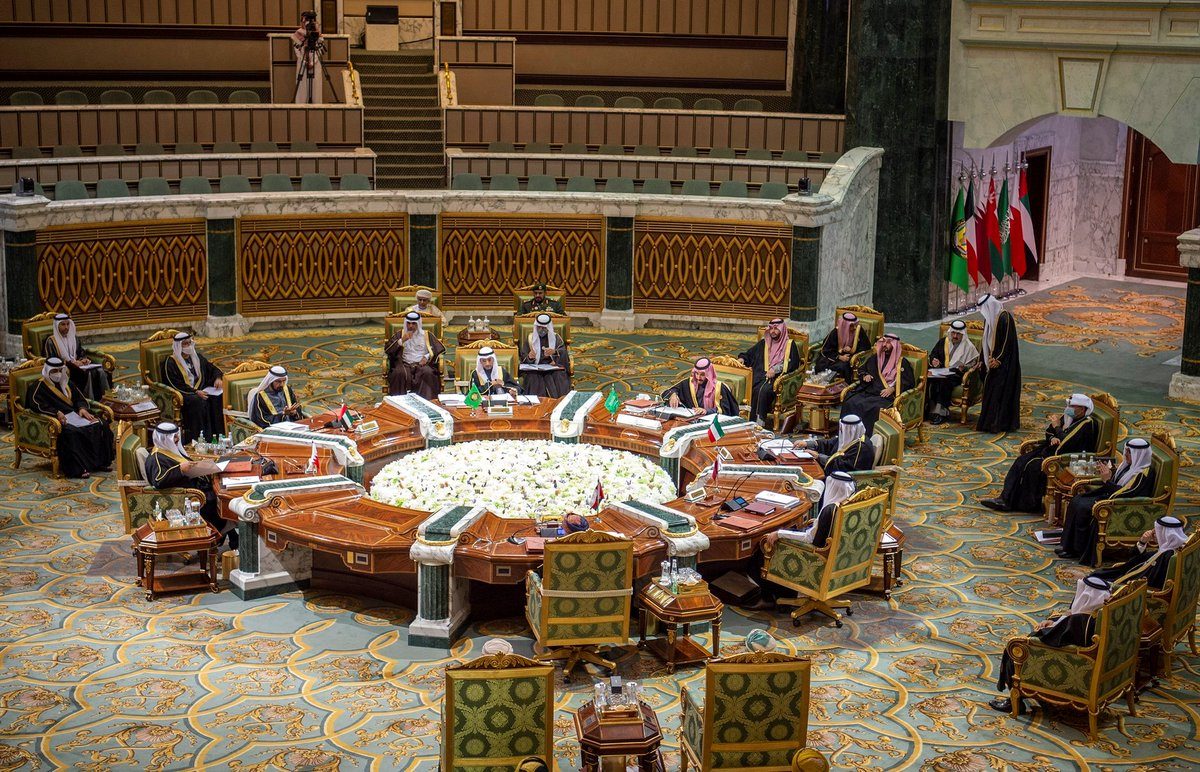Kuwait made no mention of the perpetrators of the attack.
The Gulf Cooperation Council (GCC) condemned the “storming and vandalism” of the residence of the head of military at Kuwait’s embassy in Khartoum on Monday, amid Sudan’s ongoing conflict.
Kuwait’s foreign ministry had confirmed the attack on its office in Sudan and the head of the military’s residence, which it said was “stormed and ransacked”.
In a statement, the GCC’s Secretary-General Jassem Albudaiwi denounced the attack against the member of the bloc.
“The Secretary General stressed the need to respect international agreements and diplomatic norms that guarantee the sanctity and safety of the headquarters of diplomatic missions […] His Excellency called on all parties in Sudan to take immediate and necessary measures to protect diplomats and the diplomatic premises,” the statement read.
Neither statements mentioned the perpetrators of the attack.
“It [Kuwait] dismissed such assaults as a flagrant violation of all international norms, rules of international law and the Vienna Convention on Diplomatic Relations of 1961,” the Kuwaiti statement read.
The attack came amid Sudan’s ongoing conflict, which is its deadliest in years, despite the signing of a declaration of principles in Saudi Arabia on Thursday.
Qatar welcomed the signing on Friday, saying the declaration “leads to broad negotiations in which all Sudanese political forces participate, in order to reach a comprehensive agreement and sustainable peace”.
Fighting broke out on 15 April between the Sudanese paramilitary Rapid Support Forces (RSF) and the Sudanese army that proved to be a major disruption to Sudan’s transition to civilian rule.
On Sunday, the United Nations confirmed that more than 750 people have been killed and more than 5,000 others have been injured since the beginning of the fighting, with the death toll feared to be higher.
The conflict has internally displaced nearly one million people, whilst up to 200,000 have fled to neighbouring countries.
Aviation has been disrupted by the fighting, with governments carrying out evacuations through Port Sudan Airport.
On Sunday, Doha carried out its latest evacuation of holders of a Qatari residency and delivered 30 tonnes of food aid. Qatar has evacuated 819 residents, per the latest figures published by the Gulf state’s foreign ministry.
Qatar has repeatedly called for calm in Sudan since the beginning of the clashes.
Ongoing power struggle
The RSF is led by former militia leader General Mohamed Hamdan Dagalo, widely known as Hemedti.
Hemedti was the leader of the Janjaweed militia during the Darfur genocide in 2003, in which the group carried out war crimes in cooperation with former Sudanese president Omar Al Bashir.
Bashir was toppled in 2019 during a mass revolution in Sudan, during which protesters across the country demanded civilian leadership.
However, four months into the Sudanese uprising, military leaders signed a power-sharing agreement with the Forces of Freedom and Change (FFC) and formed a Sovereign Council.
The declaration set late 2023 as the deadline for elections to elect a civilian administration.
In December last year, Sudanese political parties and the military signed a deal that aimed to pave the way for a two-year civilian transition period.







